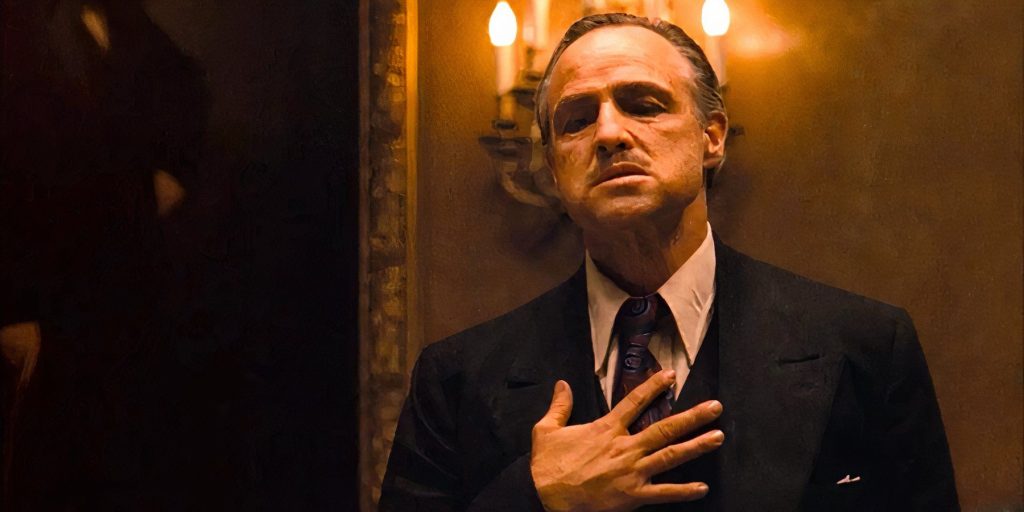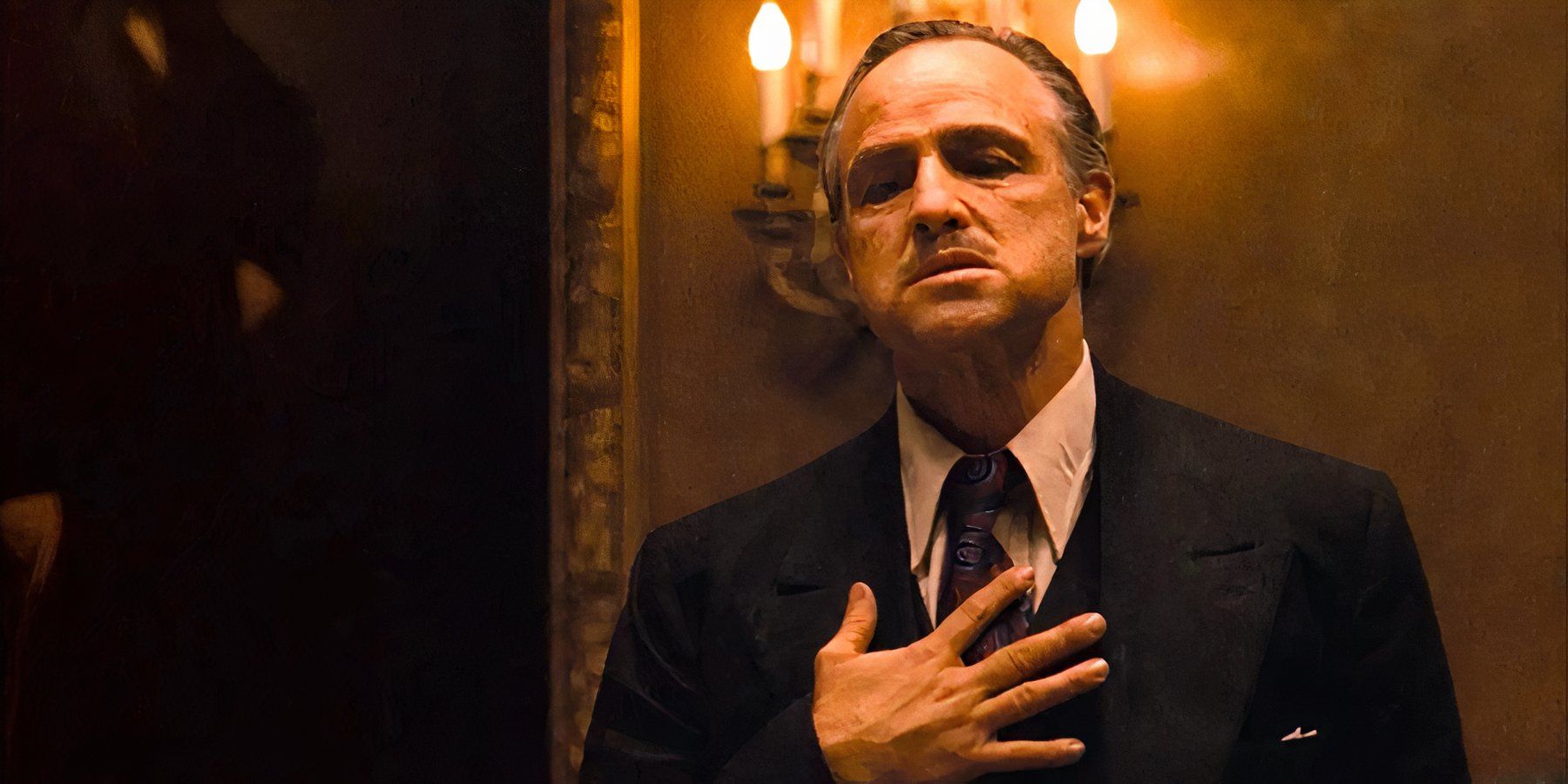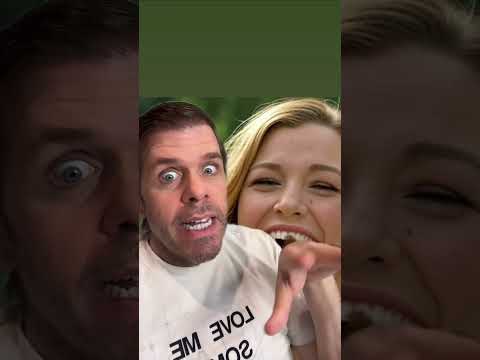
Image via Paramount Pictures

The New Hollywood is a term used to describe a time when filmmakers were given more freedom from the studios to explore and experiment, ushering in a decade of incredibly inventive and emotionally powerful American films. That decade would be the 1970s, but it wasn’t just Americans making masterpieces. There were terrific new movies coming out worldwide, many of which are still considered classics to this day. Honorable mentions that could easily be considered essential 70s cinema include A Clockwork Orange, Chinatown, The Deer Hunter, The Last Picture Show, Badlands, All the President’s Men, every movie Andrei Tarkovsky made during this period, Jeanne Dielman, and so many more. Frankly, everything mentioned here and below should be thought of as merely the beginning of an exploration of this wonderfully inventive decade in cinema. You don’t have to be a hardcore cinephile to be heavily invested in the 70s, though. Some casual movie-watchers might even be 70s fans without even knowing it, given all the famous works from this decade. From an American lens, some movies are so popular, so iconic, so pervasive in the media and everyday conversations that you need to see them in order to feel like you can have a decent grasp on the references constantly getting thrown around. The entries below contain many of those references, and they’re each so aesthetically and culturally significant that it makes more sense to simply order them by the years in which they came out.
10
‘The Godfather’ (1972)
Directed by Francis Ford Coppola
Image via Paramount Pictures
Might as well just get this one out of the way. The Godfather is so ingrained in our culture that even people who aren’t much interested in movies have heard of it and some of its famous lines, whether it’s regarding an offer that can’t be refused or a guy who’s sleeping with the fishes. The mafia had never been portrayed in such a powerful and dramatic fashion before this film, and we have Francis Ford Coppola to thank for taking this approach. Legendary performances from the likes of Al Pacino, Marlon Brando, Robert DuVall, and basically everyone else make this a must-watch for fans of many famous actors. It may be just under three hours long, but the story is told so well that they fly by. Part II also got released in the 70s, but even people who prefer the sequel have to watch the original first. Besides, the first Godfather is the best. As much as any other movie here, it helped define the decade.
9
‘The Exorcist’ (1973)
Directed by William Friedkin
Image via Warner Bros. Pictures
Even people who aren’t horror fans have probably heard of William Friedkin’s The Exorcist. Like The Godfather, it was both an enormous hit at the box office and a critical success. Sure, many people took issue with its portrayals of violence, religion, and other things, but the movie still wound up getting a whopping ten Oscar nominations (including Best Picture) and two wins (for Best Sound and Best Adapted Screenplay). Anyone who’s heard a version of “The power of Christ compels you!” has felt this movie’s influence on the cultural zeitgeist, but the movie is also unnerving in less action-packed ways. Just watching the realistic medical exams fills the viewer with dread, perfectly evoking the desperation of trying to figure out the cause of a little girl’s extreme shift in appearance and behavior. All possession movies take from this one to some extent, which is quite possibly the greatest horror movie ever made.
The Exorcist
Release Date
December 26, 1973
Runtime
122 minutes
8
‘Jaws’ (1975)
Directed by Steven Spielberg
Image via Universal Pictures
Bum bum. Bum bum bum bum. Even the soundtrack to Steven Spielberg’s breakout blockbuster is extraordinarily famous. That movie, of course, is Jaws, and it’s a much more approachable horror classic than The Exorcist. One might even call it a thriller; but, in any case, it was a fantastic showcase of Spielberg’s ability to create and sustain tension. From the first scene, we’re aware of the problem and invested in how it will be addressed. That problem is a giant shark. Significantly, this antagonist goes largely unseen throughout the film, which is a superb decision for more than one reason. Since the period’s lack of believable special effects makes the shark look fake when it finally appears, it would have been distracting if its appearance came any earlier. The shark’s absence is also better for the mood, though; the characters (and audience) are left wondering where it is, which is where the suspense lies. It’s not a very accurate depiction of sharks, but it’s still one of the decade’s most significant films—along with being among Steven Spielberg’s most career-defining movies in general.
Jaws
Release Date
June 20, 1975
Runtime
124 minutes
7
‘One Flew Over the Cuckoo’s Nest’ (1975)
Directed by Milos Forman
Image via United Artists
The ultimate mental hospital movie, One Flew Over the Cuckoo’s Nest is about a guy named Randall McMurphy (Jack Nicholson) who pretends to have mental health issues in order to avoid prison time. Things aren’t as luxurious here as he’d like, though; Nurse Ratched (Louise Fletcher) rules over the ward with an iron fist, and no one seems to be getting the help they need. When McMurphy stirs things up, we get a story that’s by turns funny, insightful, and eloquently dramatic. This is peak Jack Nicholson—and peak everyone else, for that matter. The actors (both major and minor) create utterly real and unique characters, and the screenplay (adapted from Ken Kesey’s novel of the same name) helps them all make the most of their roles. Still a masterpiece fifty years after it first came out in theaters, Cuckoo’s Nest is one of those Best Picture-winners you can watch over and over again and still feel its pull.
6
‘Rocky’ (1976)
Directed by John G. Avildsen
Image via United Artists
Not all the Rocky movies are great, but the first one sure is. Directed by John G. Avildsen and written by star Sylvester Stallone, Rocky is the ultimate underdog story. As much about the American Dream as any other film, a scrappy boxer who’s at a low point in his career (Stallone) is suddenly given a chance at the title by the heavyweight champion of the world (Carl Weathers). One of the movie’s most poignant moments is when Rocky is first asked if he wants to fight the champ. He turns it down initially, since his faith in his abilities is so low. Along with his wooing of Adrian (Talia Shire), his conflict with Mick (Burgess Meredith), and his relationship with Paulie (Burt Young), this is just as moving and inspiring a story as it was when it came out. This Best Picture-winner launched a franchise so popular that even the Creed movies were a big deal upon their release, so it’s pretty important for any fan of boxing (or Stallone in general) to check out the original.
Rocky
Release Date
November 21, 1976
Runtime
120 Minutes
5
‘Network’ (1976)
Directed by Sidney Lumet
Image via Metro-Goldwyn-Mayer
If you’re as mad as hell about something, maybe you should give this totally flawless satire a try: Network. A broadcaster played by an electric Peter Finch becomes the anti-television preacher of the airwaves, trying to break the illusions that his medium feeds to the people to keep them in thoughtless contentment. At first, his pulling back the curtain captures the public’s attention on such a scale that the capitalistic powers-that-be ironically give him a program to vent his frustrations further. Network pulls back the curtain of the televised world and the corporations in charge of them. It’s also about how much influence it holds on everybody watching at home. Now, almost fifty years later, we have countless channels and streaming services where we can watch anything at any time. We can watch them on televisions, laptops, smartpads, smartphones; it’s just never-ending. For those who want to be a bit more self-aware, who want to get better at being more critical viewers, or who barely watch TV, Network might be a good fit.
Network
Release Date
November 27, 1976
Runtime
121 Minutes
4
‘Taxi Driver’ (1976)
Directed by Martin Scorsese
Image via Columbia Pictures
Not every great work by Martin Scorsese is about the mob, and Taxi Driver is perhaps the epitome of that. His character studies starring Robert de Niro, from this to Raging Bull to The King of Comedy, are all brilliant—and Taxi Driver is the most famous of them. Among the reasons why are four famous words: “You talkin’ to me?” In a nutshell, a New York City cab driver goes through a gradual psychological breakdown. He’s a sleep-deprived Vietnam vet who drives around the city at its darkest hours, and he develops even darker thoughts. Along with the screenplay for Network, this script is hailed as one of the greatest ever written. Paul Schrader is the one to thank for that, as he perfectly conveys how a troubled mind who means well can take a turn for the worse, another turn for worse than that, and so on. Featuring some of the most disturbing voice-over in cinema, this Palme d’Or-winning masterpiece about inner turmoil and political violence isn’t just essential viewing for Scorsese fans; it’s just as relevant today as it was when it came out. Perhaps even more so.
Taxi Driver
Release Date
February 9, 1976
Runtime
114 Minutes
3
‘Star Wars’ (1977)
Directed by George Lucas
Image via Lucasfilm
Long before Disney took control of the Star Wars franchise, long before the prequels, and further back to when the sequels hadn’t even come out yet, the audience wasn’t shown Star Wars: Episode IV—A New Hope. It was just Star Wars, and it took the world by storm. Many attribute the beginning of the end of the Hollywood New Wave to Jaws, as it was the first summer blockbuster that started a kind of formula that could appeal to wider audiences. Well, Star Wars was another huge factor. It’s so ubiquitous that people who haven’t seen it still probably have a rough idea of the plot: Luke Skywalker (Mark Hamill) flies through space with others to return a droid and its special cargo to a princess (Carrie Fisher), who’s fighting with rebels against the evil galactic Empire. They wind up trying to destroy the Death Star, a giant space station that destroys planets. And, of course, he learns about the Force. It may have started some less-than-ideal trends in movie-making, but it’s still a good time.
2
‘Alien’ (1979)
Directed by Ridley Scott
Image via 20th Century Fox
Ridley Scott has built up a formidable resume by now, but his sci-fi horror classic from 1979 is still clearly one of his best works. That would be Alien, starring Sigourney Weaver as one of the most badass female protagonists of all time. Most famous for its depiction of an alien bursting out of a poor guy’s stomach, this story has a fairly simple plot: an alien has invaded a spaceship, and it’s going to try and kill every single person on it. Typical monster-movie premise, but the execution elevates the material. It’s not just about people fighting a monster; it’s also about corporate greed, teamwork (or lack thereof), and perseverance. The special effects in this film are essential to its power, and they don’t disappoint even now. Not many horror movies from so long ago can make such a claim, but perhaps the most impressive part is the consistency of tension throughout the movie.
Alien
Release Date
June 22, 1979
Runtime
117 Minutes
1
‘Apocalypse Now’ (1979)
Directed by Francis Ford Coppola
Image via United Artists
It’s one of the greatest war movies ever made, it’s one of the most ambitious movies ever made, and its production difficulties are almost as famous as the its plot. It’s Apocalypse Now, and it’s about Captain Willard (Martin Sheen) traveling by boat through Vietnam and Cambodia to “terminate” Colonel Kurtz (Marlon Brando). When it comes to character introductions in cinema, nothing beats when we meet Kurtz—showing once again how Brando and Coppola are among the finest actor-director collaborations ever. Everything that happens along the way is haunting as well, creating a portrait of the Vietnam War that conveys the God-complex some people develop while those who manage to survive all the senseless violence become damaged in both physical and psychological ways. This adaptation of Joseph Conrad’s novella Heart of Darkness shows how disorganization can bring chaos, how confusion can become a distortion of reality, and how war between two countries can serve as a microcosm for humanity’s endless tendency towards self-destruction.
NEXT: ‘The 10 Best Movies that Defined the 70s, Ranked’








